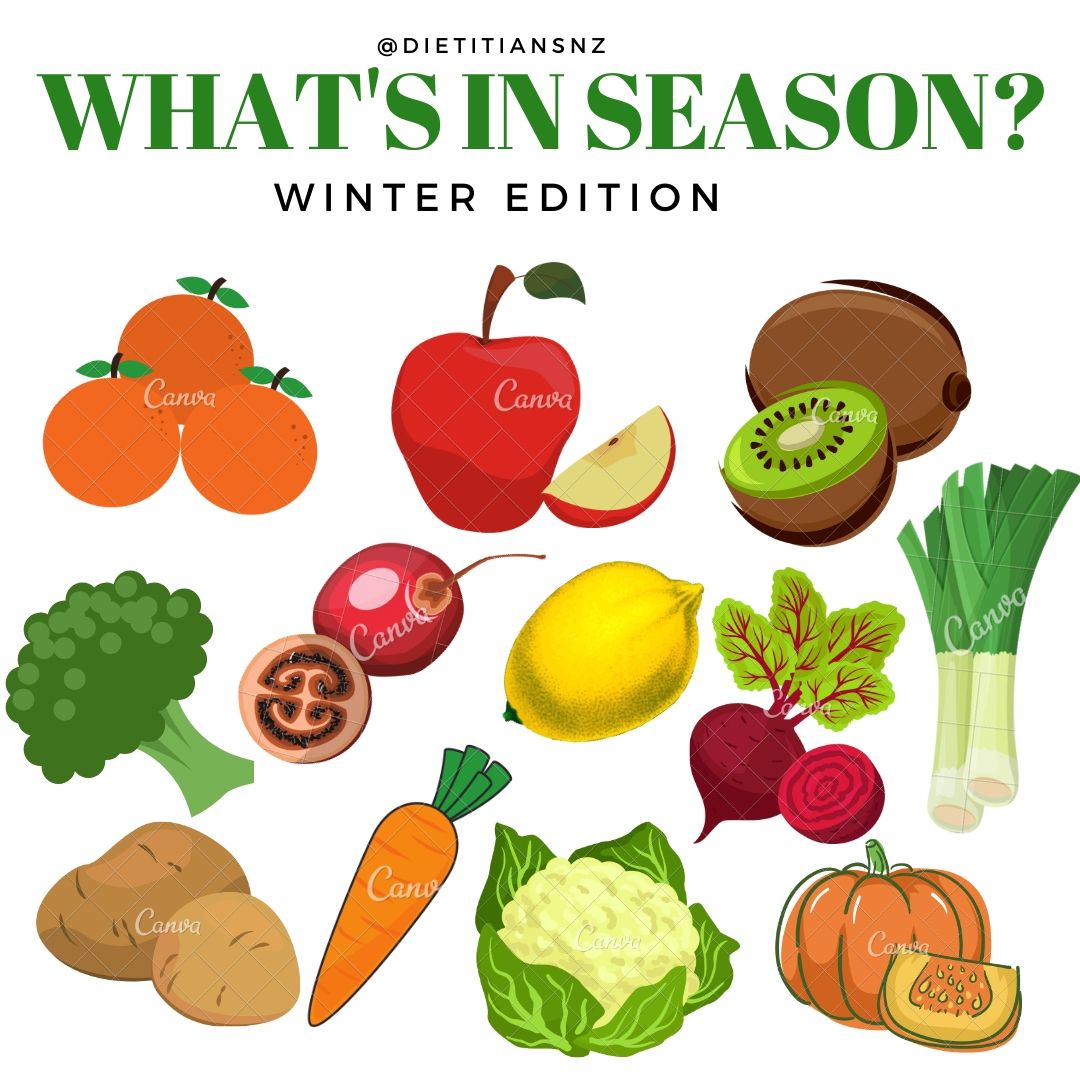Our immune system is a complex and mysterious thing. It can’t be ‘boosted’ by a single supplement or pill and is affected by a range of elements which work in conjunction to support it. Our guide to winter wellness will help you spend more days healthy rather than sick.
4 Step Guide to Winter Wellness
1. Getting your 5+ a day during winter
Fresh fruit and vegetables can become more expensive during this time of year, but the vitamins and minerals are as important as ever. It can be tempting to pop a vitamin C tablet and call it a day, but the range of nutrients in fruit and veg is something a supplement will never be able to replicate.
Top tip in our guide to winter wellness is utilising frozen fruit and veg, but also check out what is in season during the next couple of months. We might not want to eat fresh salads as often, but cozy winter soups and roasted root vegetables are still nutritious, easy to make and can be prepped in advance. Take a look at these 3 simple recipes to get started!
The humble potato is a great source of vitamin C? And pumpkin, which is super cheap in winter, is a rich source of Vitamin A.

2. Vitamin D and sun exposure

Second tip for our guide to winter wellness, Vitamin D. In the summer months, most of us are able to get sufficient vitamin D through sun exposure. The Ministry of Health guideline for sun exposure between May and August is a daily walk or activity outdoors in the middle of the day. In the South Island where the UV index is particularly low in winter, you may need to expose larger areas of skin.
And if you have lived in the South Island like me… you’ll know that there is little motivation to take off your puffer jacket and roll up your sleeves.
Aim to get at least 10 minutes of sun every day. It can be hard when it feels like you walk into uni when it’s dark, and leave campus again when the sun has gone down, but a little effort goes a long way. Take a walk during your lunch break with the added bonus of upping your step count for the day, or just drink your coffee outside.
There are small amounts of vitamin D in foods like egg yolks, fatty fish and dairy products. However, the easiest way is to get a little sun. If you think you are at risk for deficiency, talk to your GP about alternatives such as supplements.
3. Regular physical activity

Waking up early to exercise is one thing when the sun is already shining, but the moment daylight savings kicks in and your alarm goes off in what seems like the dead of the night… well there just isn’t anything more comfortable than your bed is there?
Don’t let the weather be an excuse to slack off, and look at how you can adapt instead. If you don’t think you can keep running when it’s cold and dark, see if you can find an alternative activity indoors. Les Mills On Demand has hundreds of workouts which require no equipment, and ClassPass has a bunch of home workout videos available to stream.
If you live in a cold flat, at least you’ll feel warm for a bit without spending a single cent on heating. It’s a win-win. Exercise also boosts your endorphin levels, and can reduce stress and improve sleep – all of which are important to support your immune system.
4. Get your flu vaccination
The vaccine does not eliminate your risk of getting the seasonal flu, but it can still protect yourself and those around you to a certain degree. Find out if your university health centre offers discounted or free vaccines, or make an appointment with your GP or pharmacy. Chemist Warehouse is offering vaccinations for $20 which is slightly cheaper than other pharmacies (at time of writing).
On top of what was mentioned above, other factors like socialising can also have a huge impact on our well being. Food, sleep, exercise, stress and immunity are all linked to one another. It can often feel a bit much trying to juggle all this on top of uni, but if we’ve learnt anything from being in lockdown, it’s that we all need to slow down a little and focus on ourselves a little more.

You got this guys! Comment below what you want me to write about next, and check out my page @balanceyourplate for more health and wellness content.


